Back to Courses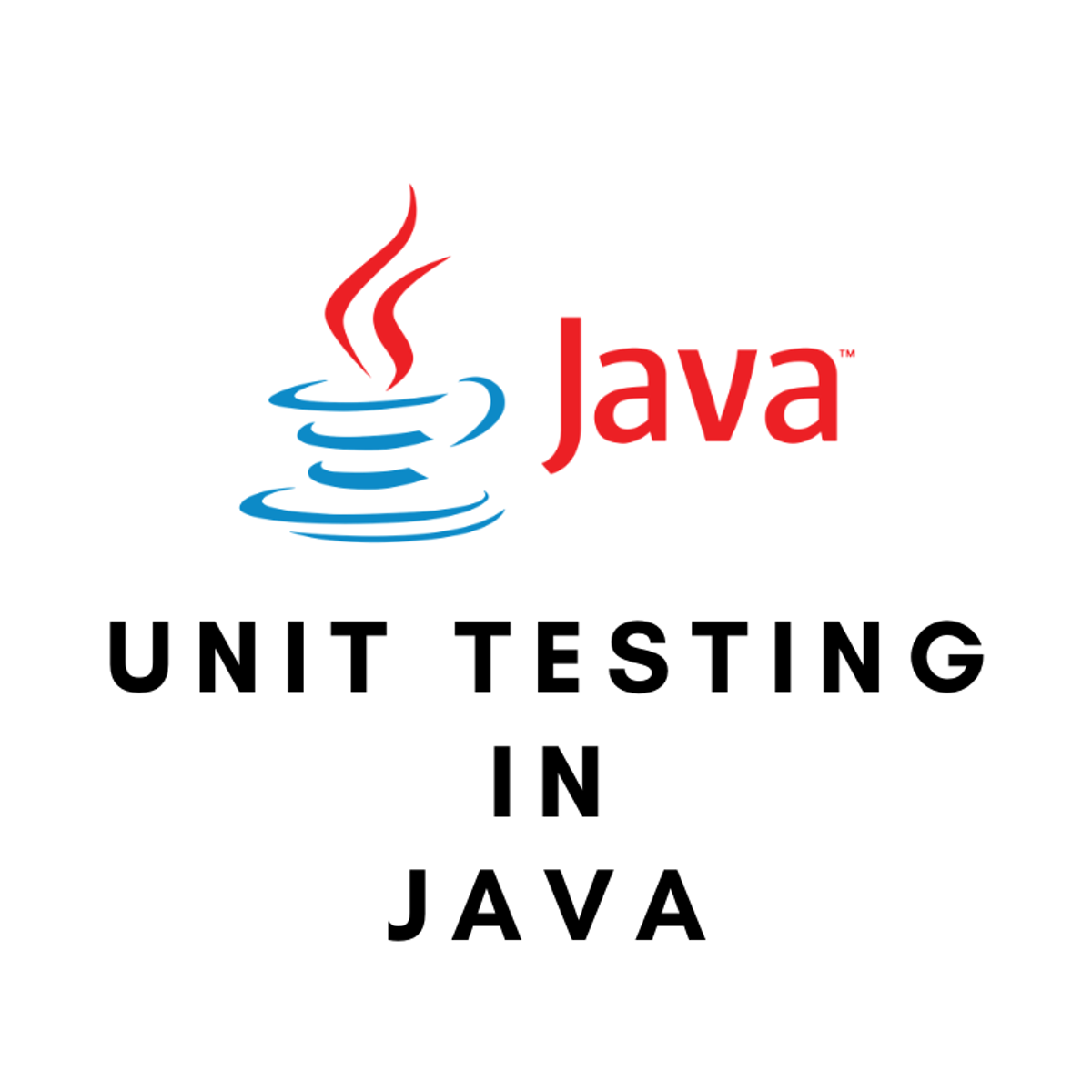

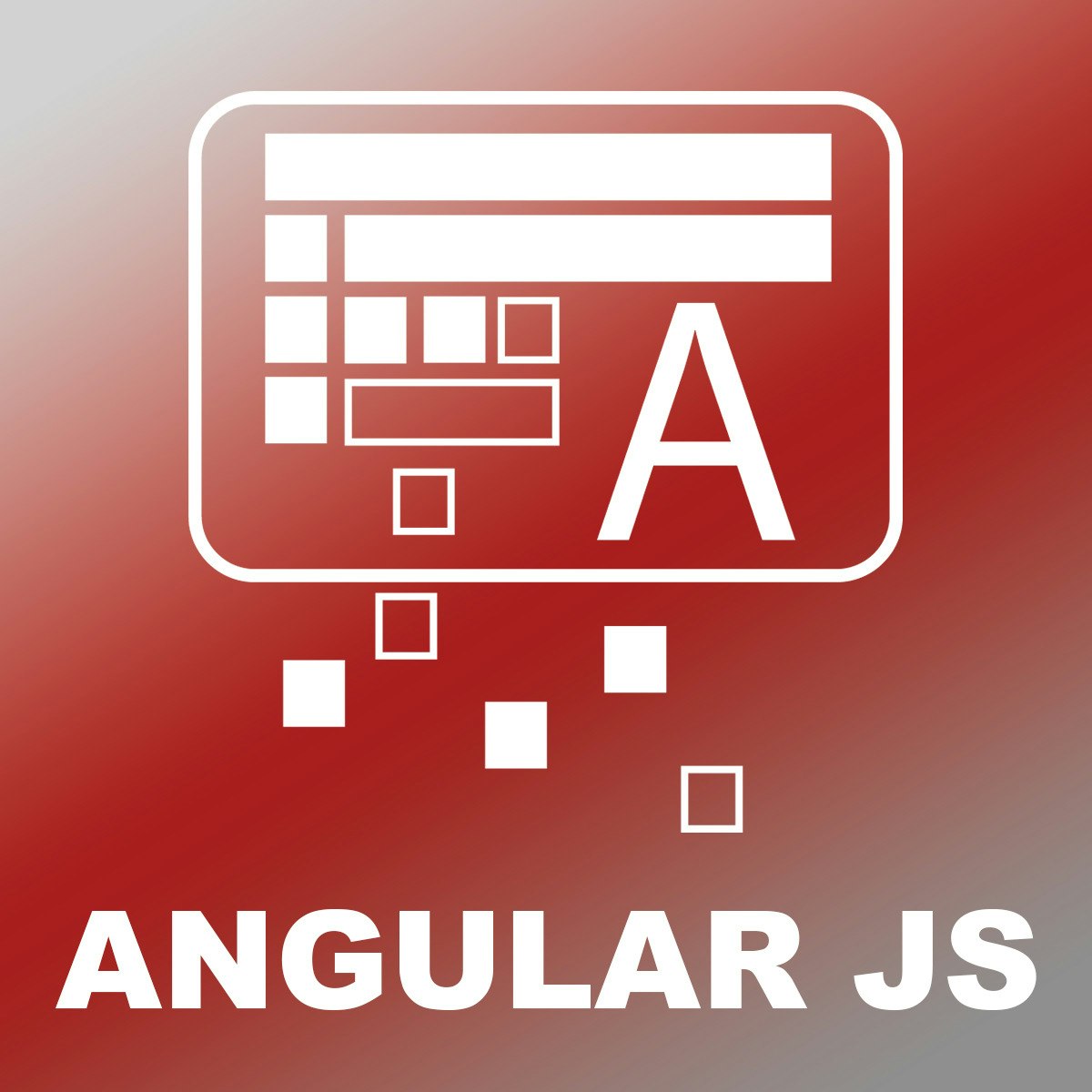
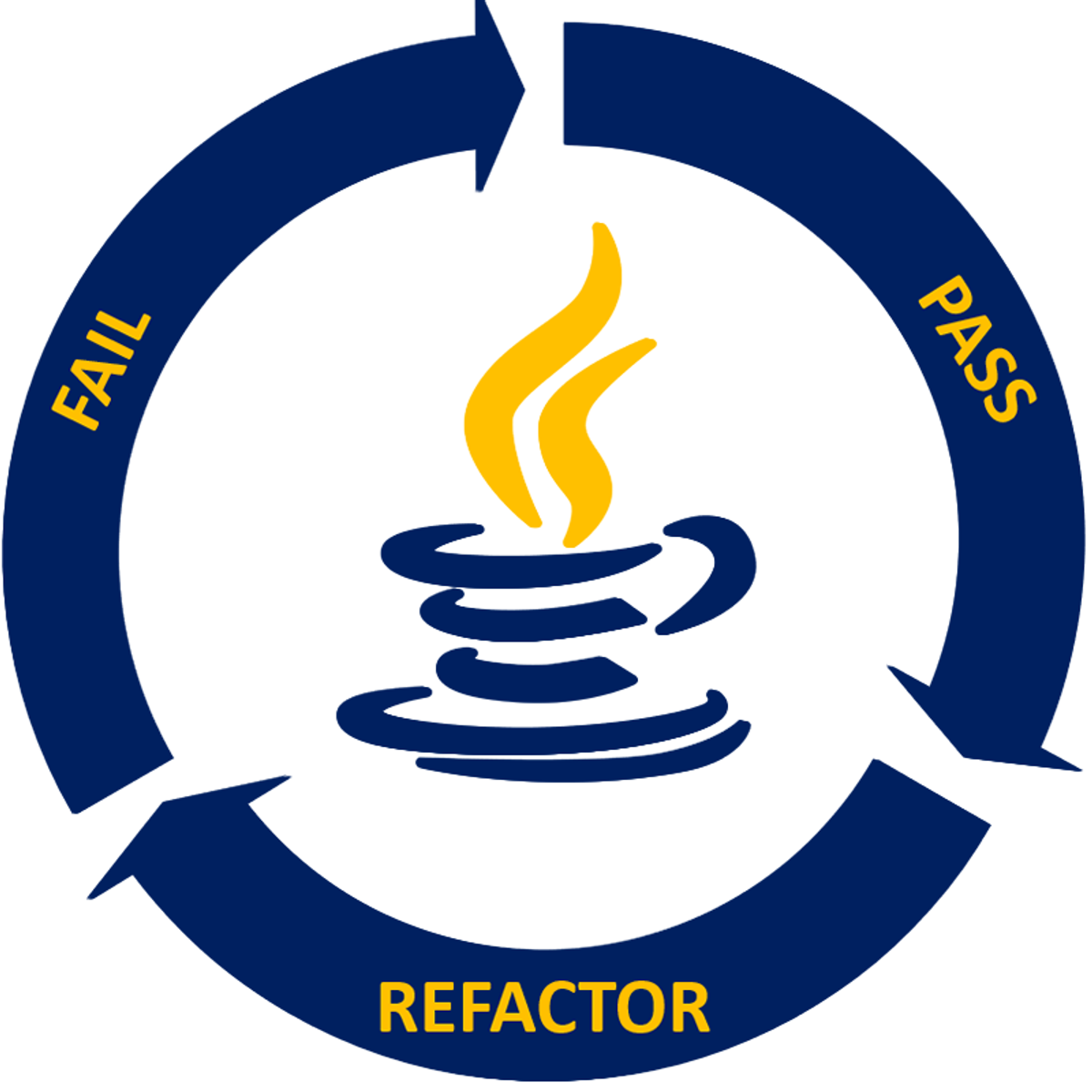



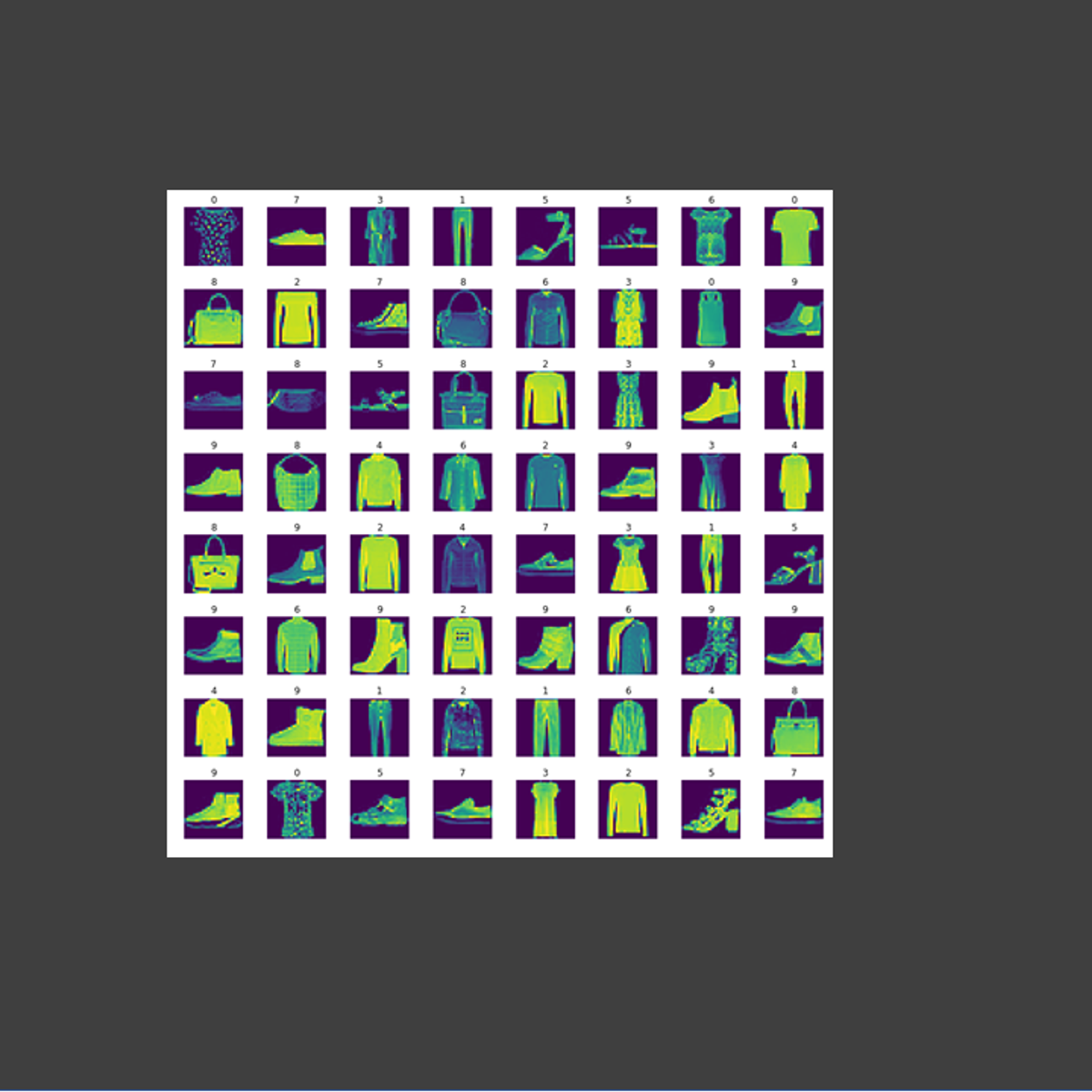
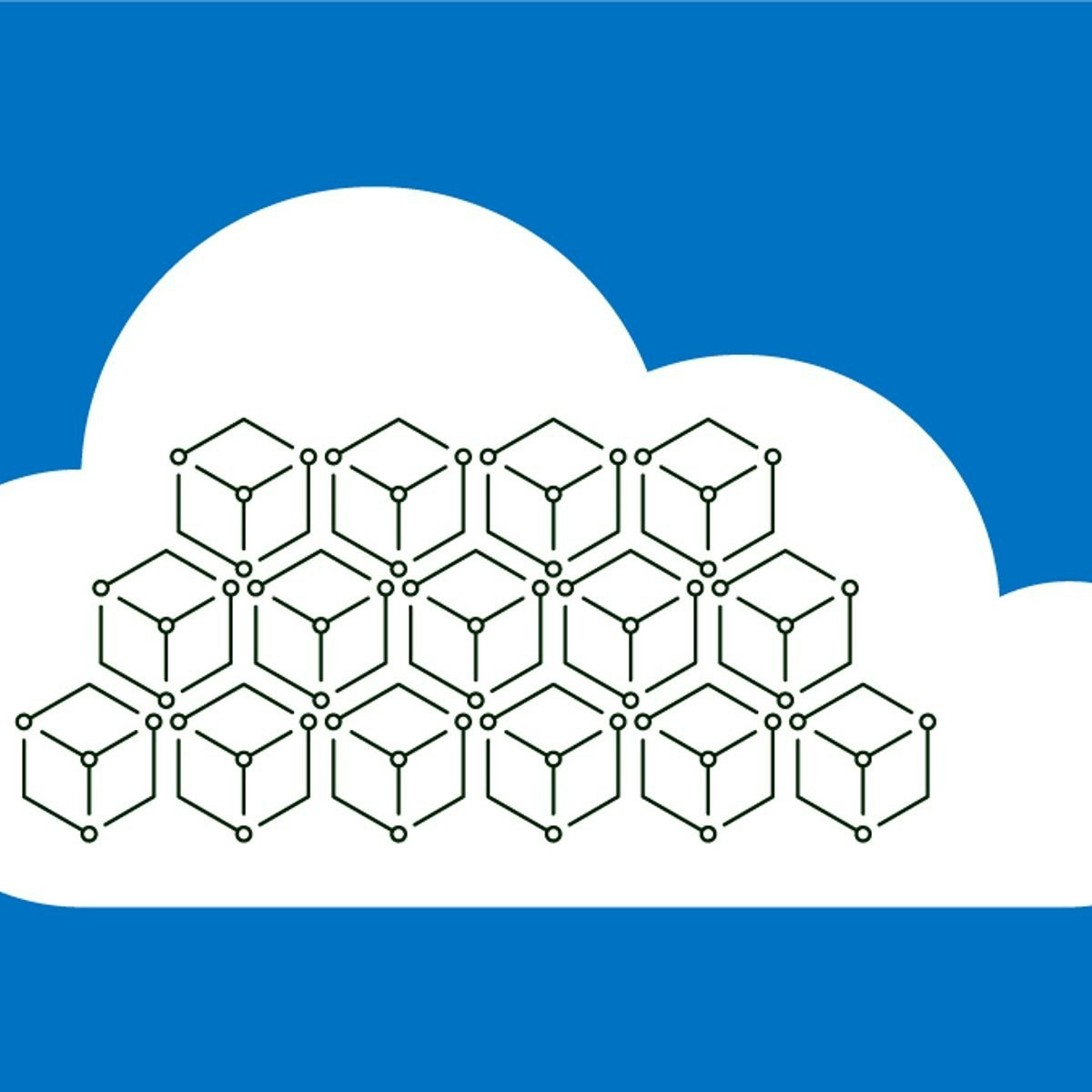
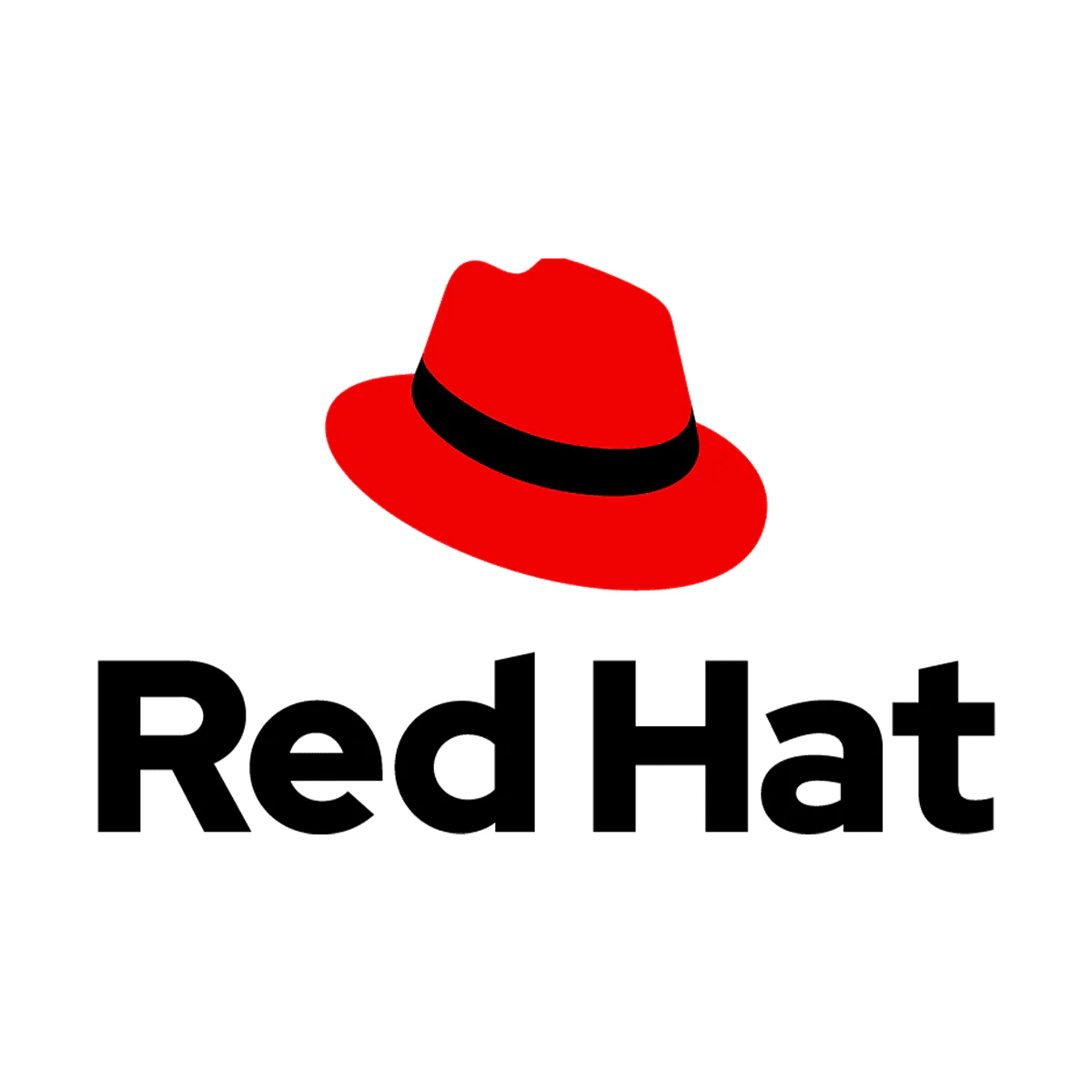
Software Development Courses - Page 44
Showing results 431-440 of 1266

Unit Testing in Java
Unit testing in Java Guided Project taking you through the fundamentals of unit testing as a beginner.

3D Interaction Design in Virtual Reality
This course will teach you about one of the most important aspects of VR, how you interact with a VR world. Virtual Reality is completely different from an on screen app or game. You are completely immersed in a VR world, so it doesn't make sense to interact only through buttons or menus. You will get the most out of VR if you can interact with the world just as you would with the real world: with your natural body movements. You will learn about the basic concepts and technologies of VR Interaction. You will then get hands on, learning about how to move around in VR and how to interact with the objects in your world. The course will finish with some advice from experts on VR interaction design and you will do a project where you will get real experience of developing VR Interaction.

Build Your Portfolio Website with Angular JS
In this 1.5 hour guided project, you will learn the fundamentals of the AngularJS framework and incorporate it into a traditional HTML webpage. At the end of this course, you will be able to start using AngularJS in your own web projects.
Topics covered include: The AngularJS model-view-controller architecture, data binding, data model directives, conditional directives, and loop directives.
Prerequisites are that you should already be comfortable working with HTML, JavaScript and some CSS.

Parameterized and Dynamic Testing in JUnit
In this course you will learn about how to test vast amounts of functionality using Parameterized Tests, Repeated Tests and Dynamic Tests without having to write verbose test scripts.

Create a Dialog Box in Unity Part 2 - Visual Effects (TMP)
In this one-hour, project-based course, you'll learn how to use TextMesh Pro to convert a simple, plain dialog box into something more visually interesting. This project covers installing and implementing Text Mesh Pro and using its properties to add visual effects to text objects.
This is Part 2 of a three-part series on creating a good-looking, versatile and reusable dialog box for your game or other Unity application. In Part 1, we covered how to create a simple dialog box and in Part 3, we'll create a versatile dialog box structure that can be invoked by different trigger objects in the game and affect game-play.
This is a stand-alone guided project, but because this is a continuation of previous part in the the "Dialog Box" series, it is recommended that you complete the first part before commencing this guided project.
This series makes use of the poly-castle project and movement mechanics created in Create Keyboard Movement Mechanics with C# in Unity. It is a complimentary course to this guided project and, although not a prerequisite, is recommended for a more well-rounded understanding of the concepts presented herein.
Note: This course works best for learners who are based in the North America region. We’re currently working on providing the same experience in other regions.

Deploying Redis Enterprise for GKE and Serverless App on Anthos Bare Metal
This is a self-paced lab that takes place in the Google Cloud console.
In this lab you will learn how to create Compute Engine VMs on Google Cloud with L2 connectivity through the use of vxlan built-in functionality in Linux. You'll be using the Compute Engine VMs to simulate Anthos on Bare Metal (BM) in high-availability mode which requires L2 connectivity. The deployment will consist of 4 VMs to deploy Anthos on BM, 1 x workstation, 1 x control plane nodes and 2 x worker nodes.
Then you'll install Anthos Service Mesh and Knative on the BM cluster, followed by deploying Redis Enterprise for GKE and a Serverless application. Finally, this guide will show you how to run a simple load test on the serverless application to realize the elasticity of Knative backed by a Redis datastore.

Object-Oriented C++: Inheritance and Encapsulation
Code and run your first C++ program in minutes without installing anything!
This course is designed for learners with limited coding experience, providing a solid foundation of not just C++, but core Computer Science topics that can be transferred to other languages. The modules in this course cover inheritance, encapsulation, polymorphism, and other object-related topics. Completion of the prior 3 courses in this specialization is recommended.
To allow for a truly hands-on, self-paced learning experience, this course is video-free. Assignments contain short explanations with images and runnable code examples with suggested edits to explore code examples further, building a deeper understanding by doing. You'll benefit from instant feedback from a variety of assessment items along the way, gently progressing from quick understanding checks (multiple choice, fill in the blank, and un-scrambling code blocks) to small, approachable coding exercises that take minutes instead of hours.

Fashion Classification with Deep Learning for Beginners
Hello everyone and welcome to this hands-on guided project on deep learning 101. The objective of this project is to predict fashion class such as pants, shirts, and shoes from grayscale images. This guided project is practical and directly applicable to the fashion industry. You guys can add this project to your portfolio of projects which is essential for your next job interview.

Full Stack Software Developer Assessment
This is the final course in the Full Stack Professional Certificate. It will test your knowledge and the skills you’ve acquired so far. This course contains the graded final examination covering content from nine of the eleven courses in the certificate.
You will be assessed on topics such as core cloud computing concepts; languages such as HTML, CSS, JavaScript, and Python; frameworks such as Node.js and React; and backend technologies such as Docker, Kubernetes, OpenShift, SQL, Django, and Serverless.

Foundations of Red Hat Cloud-native Development
Foundations of Red Hat Cloud-native Development (DO100a) is designed for IT professionals without previous cloud application deployment experience to learn basic Kubernetes skills. This course is a part of a three-course specialization. In this specialization, you will run, deploy, and test containerized applications with zero-downtime releases.
Popular Internships and Jobs by Categories
Browse
© 2024 BoostGrad | All rights reserved


